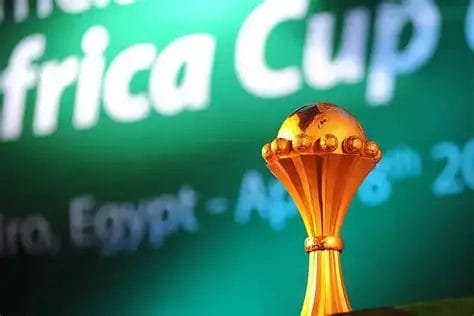Africa’s sports industry has entered a new era defined by global influence, strategic investment, and visionary leadership. From football administration to Olympic governance and sports entrepreneurship, a generation of African executives is driving transformation both on and off the field. These leaders are uniting sports, business, and culture, showing that Africa’s future in global athletics lies not only in talent but also in powerful management and innovation.
1. Patrice Motsepe — President, Confederation of African Football (South Africa)

Patrice Motsepe stands as the most influential figure in African football administration today. As President of the Confederation of African Football (CAF), he has championed reforms that enhance transparency, commercial partnerships, and player development. Under his leadership, CAF launched the Africa Super League and expanded its global sponsorship portfolio. Re-elected unopposed in March 2025, Motsepe continues to advocate for financial sustainability and investment in African football infrastructure, as reported by TimesLIVE.
Check Out: Top 5 African Real Estate Executives Shaping the Continent’s Built Future
2. Nassef Sawiris — Co-owner, Aston Villa FC and Sports Investor (Egypt)
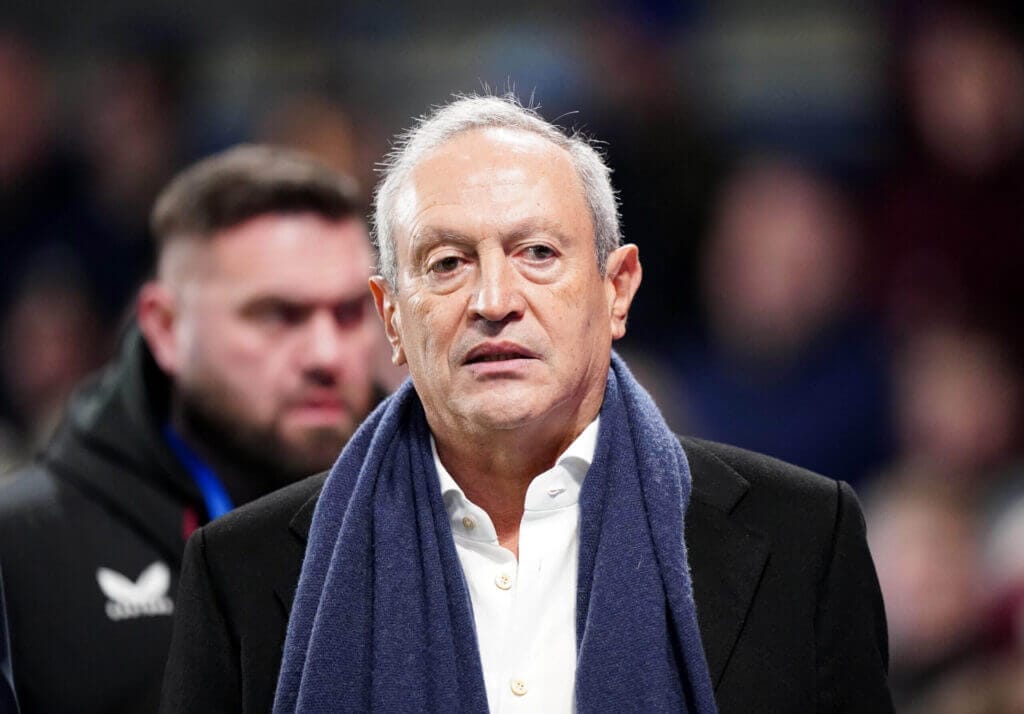
Egyptian billionaire Nassef Sawiris has become one of Africa’s most powerful figures in international sports investment. Through his company V Sports, he co-owns English Premier League club Aston Villa FC and has expanded his interests into sports analytics and infrastructure ventures. Forbes notes that Sawiris’s approach combines business acumen with a passion for elevating African representation in global sport ownership. His leadership reflects a growing trend of African investors shaping the global sports economy.
3. Mustapha Berraf — President, Association of National Olympic Committees of Africa (Algeria)
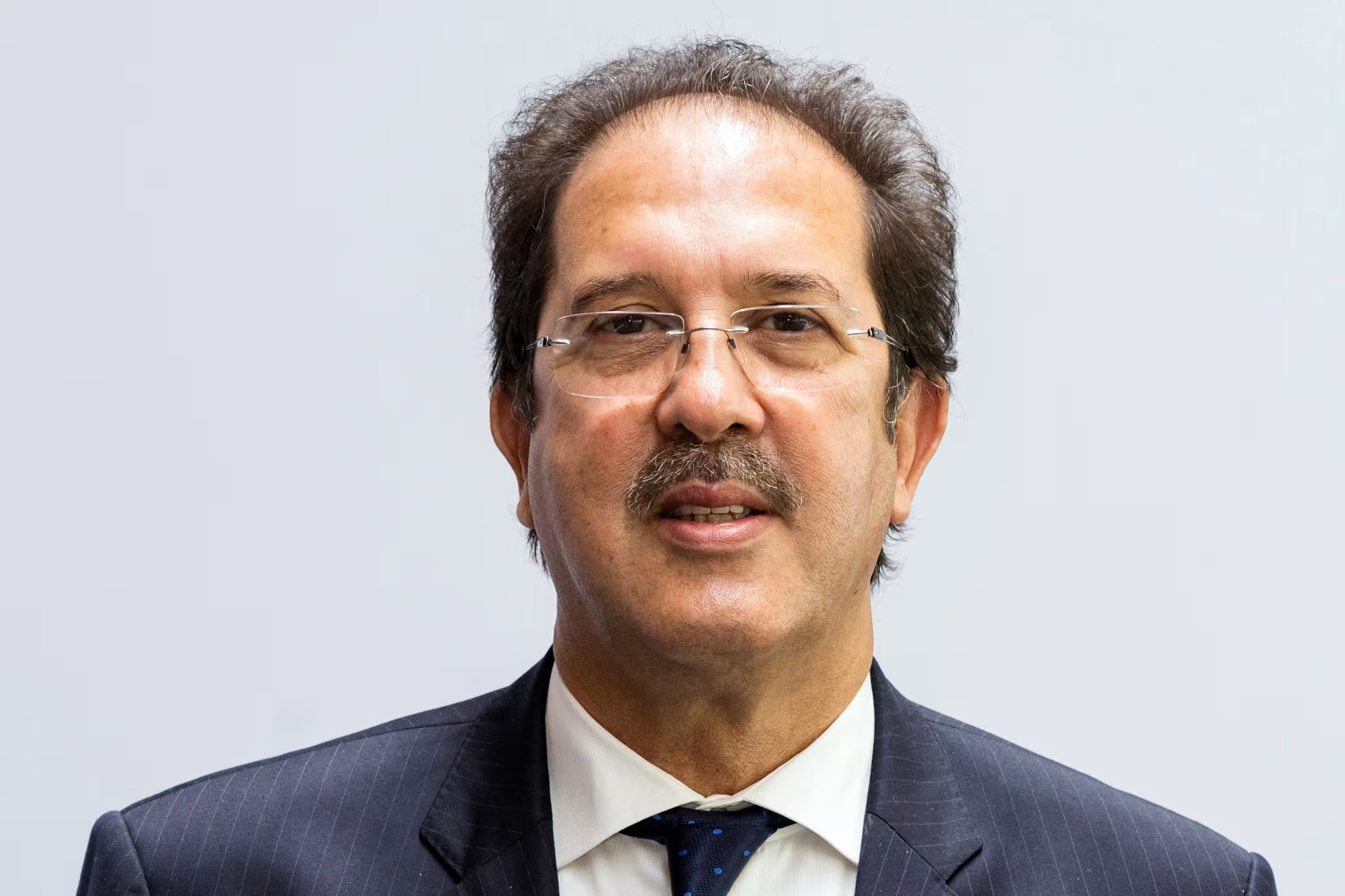
Mustapha Berraf has been at the forefront of Olympic leadership in Africa since 2018. As President of the Association of National Olympic Committees of Africa (ANOCA), he has strengthened the continent’s participation in the global Olympic movement while promoting youth sports and gender inclusion. Serving also as a member of the International Olympic Committee, Berraf has played a crucial role in integrating African sports governance into international structures, ensuring that African athletes and administrators have a stronger voice in global decision-making.
4. Jessica Motaung — Marketing and Commercial Director, Kaizer Chiefs FC (South Africa)
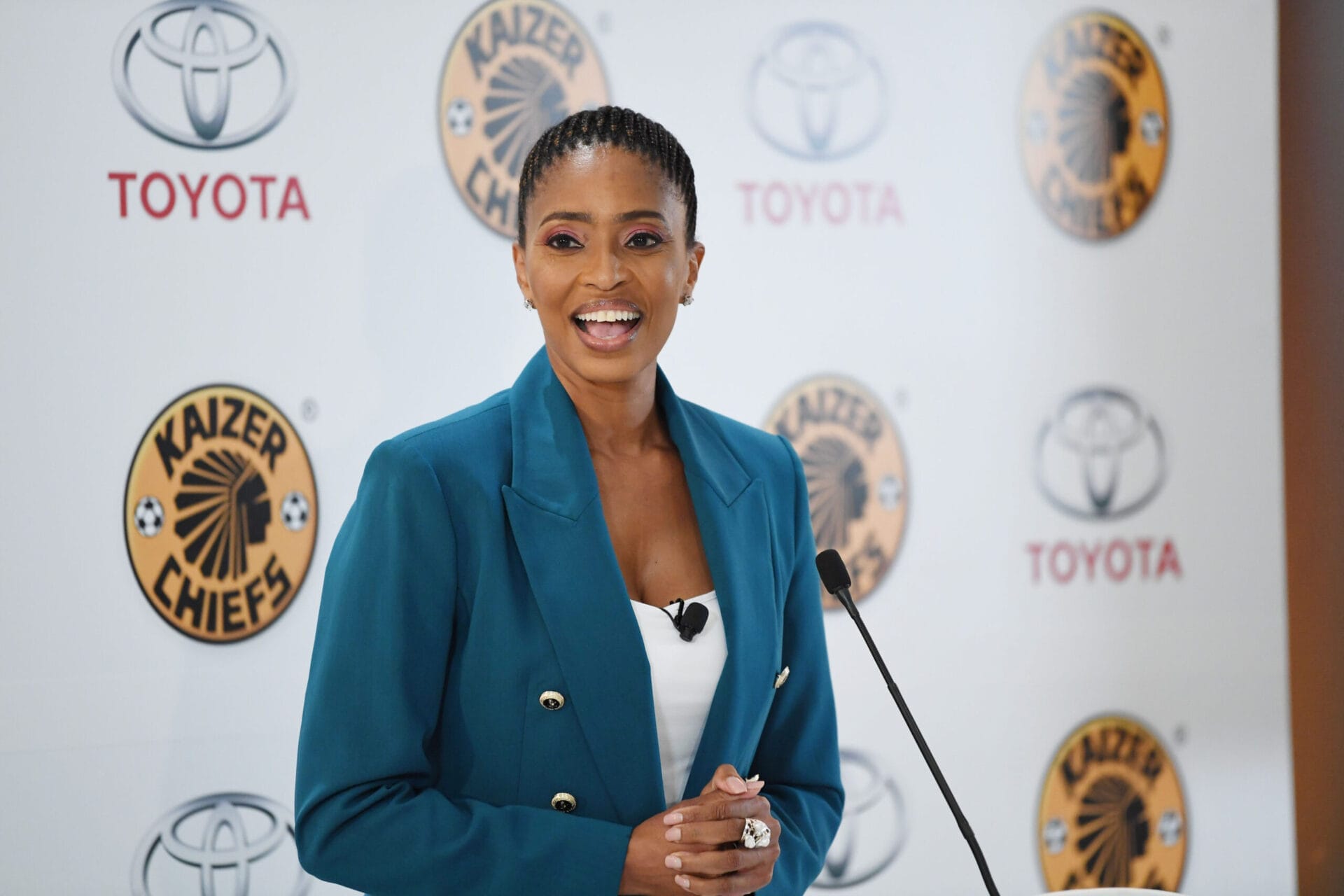
Jessica Motaung represents the rising generation of African women shaping the business of sports. As Marketing and Commercial Director of Kaizer Chiefs Football Club, she has led strategic partnerships, fan engagement campaigns, and brand expansions that have cemented the club’s identity as one of Africa’s strongest football brands. Her influence extends beyond South Africa through her role on FIFA’s Men’s Football and Women’s Football Stakeholders Committees. Her innovative leadership has been instrumental in merging heritage, commerce, and inclusivity in African football.
5. Kingsley Pungong — Founder and CEO, Rainbow Sports Global (Cameroon)
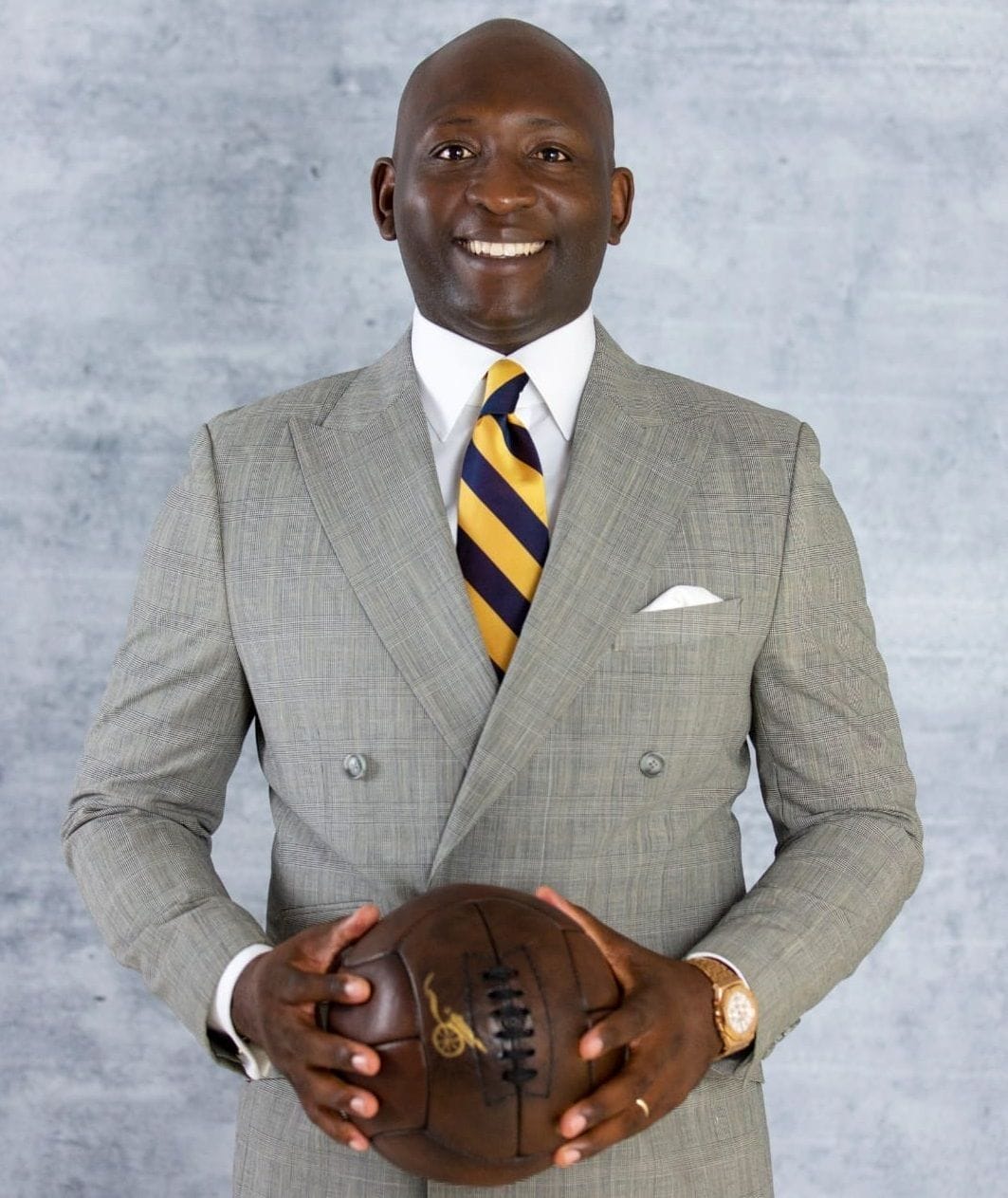
Kingsley Pungong has built one of Africa’s most dynamic sports management and investment platforms through Rainbow Sports Global. His company manages athletes, invests in football clubs across Africa and Europe, and develops infrastructure that supports youth sports. As reported by Forbes Africa, Pungong’s vision focuses on building a sustainable football ecosystem that keeps African talent connected to opportunities within the continent. His work bridges Africa’s passion for sports with global professionalism and strategic business practices.
Methodology
This list features five executives who have significantly influenced the structure, governance, and business of sports across Africa between 2021 and 2025. Selection was based on verified leadership positions, measurable industry impact, and continental representation across football, Olympic governance, and sports investment. Research drew on sources including Forbes Africa, Reuters, TimesLIVE, BBC Sport, and the International Olympic Committee’s official database. Regional balance was maintained across North, West, Central, and Southern Africa to reflect the diverse nature of African sports leadership.

